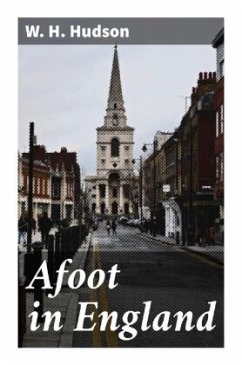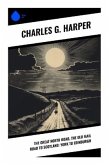In "Afoot in England," W. H. Hudson presents a captivating exploration of the English countryside, weaving personal narrative with keen observations of nature and the human experience. The book is structured around Hudson's rambling adventures, reflecting his deep appreciation for the natural world, which is infused with vibrant, detailed descriptions that evoke the beauty and tranquility of rural landscapes. Written in the early 20th century, during a period of heightened interest in nature and environmentalism, Hudson's prose resonates with the Romantic tradition, yet it also anticipates the modernist movement in its introspective and sometimes critical tone towards society's encroachment upon nature. W. H. Hudson, a naturalist and a passionate advocate for conservation, drew upon his own experiences growing up in the Argentine Pampas and later moving to England. His rich background in wildlife observation and his profound connection with nature informed his writing, allowing him to delicately balance personal storytelling with broader ecological themes. Hudson's works often reflect his opposition to industrialization, underscoring the need for humanity to reconnect with the natural world. Readers seeking a reflective and richly descriptive narrative will find "Afoot in England" an invaluable companion. Hudson's eloquent prose not only inspires a reverence for nature but also calls for a mindful stewardship of the environment. This book is essential for anyone interested in nature writing or those who seek to engage with the pastoral charm of England.
Bitte wählen Sie Ihr Anliegen aus.
Rechnungen
Retourenschein anfordern
Bestellstatus
Storno








